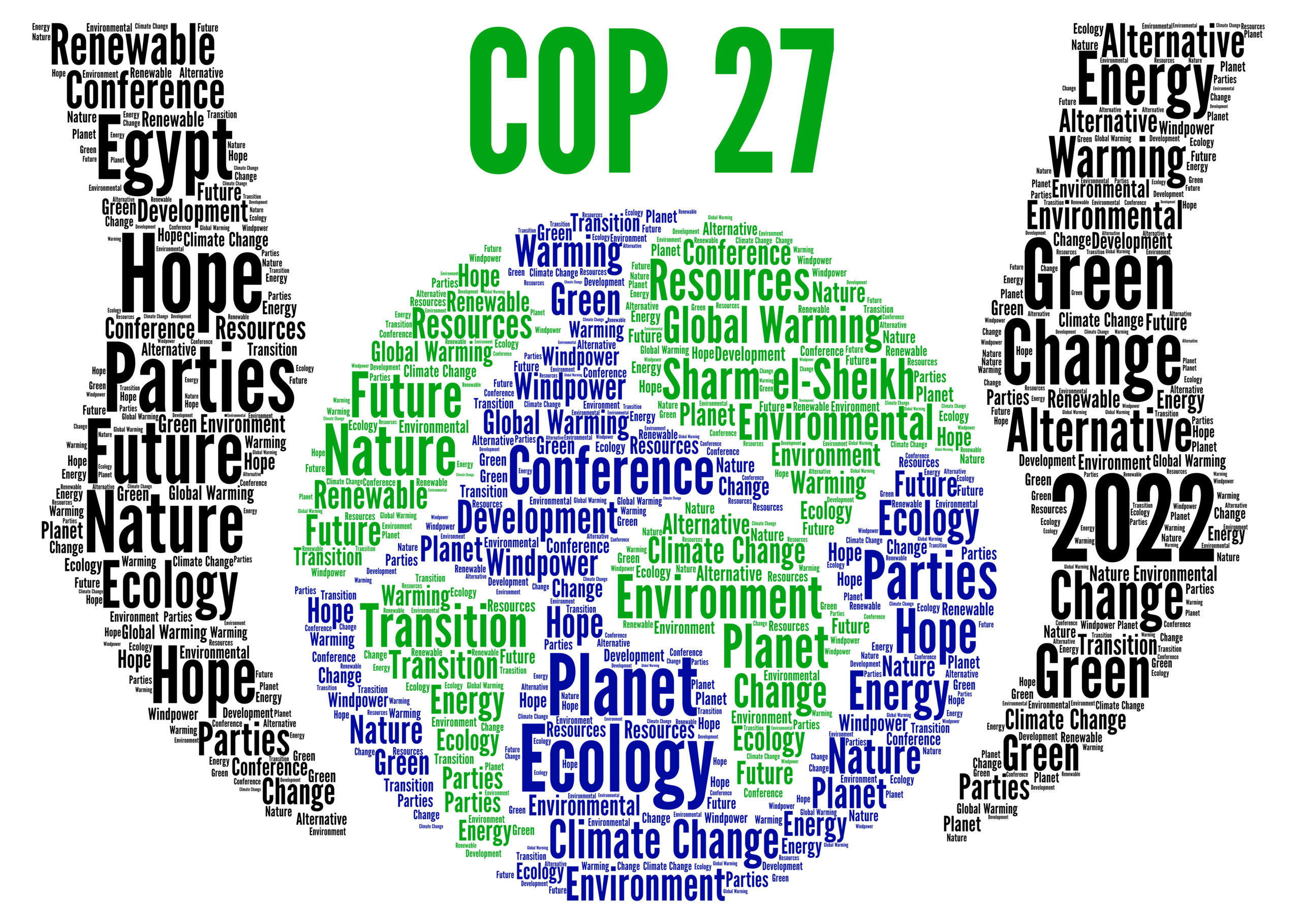1. Green Shipping Challenge
With the maritime community preparing for tighter regulation of greenhouse gas (GHG) emissions, several governments and organisations pledged further green shipping commitments at the COP27 climate summit.
One headline development was related to the ‘Green Shipping Challenge’.
The initiative was originally tabled by the United States and Norway back in May. In response, 40 commitments were shared by maritime stakeholders on the opening day of the conference.
“Shipping is a major emitter of greenhouse gases globally, therefore it’s vital that quick and decisive action is taken at scale to reduce emissions from this sector to help limit temperature rise to 1.5 C (2.7 Fahrenheit),” said Jonas Gahr Store, Prime Minister of Norway.
In a step forward on the Clydebank Declaration agreed at Cop26 – which aims to establish at least six net-zero emission routes by 2025 – the UK pledged to create bilateral green shipping corridors with the US, Norway and the Netherlands.
However, Francesco La Camera, director general of the International Renewable Energy Agency (IRENA), told delegates that huge quantities of green fuel will be needed to hit targets.
“IRENA estimates that roughly 800 terajoules of advanced biofuels and 50 million tonnes of green hydrogen, mostly in the form of ammonia, will be needed to decarbonise shipping,” he said.
“But just as importantly, shipping will be involved with the trade of another 75 million tonnes of green hydrogen each year, critical to the decarbonisation of other industrial sectors.”
It was revealed that the Maritime and Port Authority of Singapore (MPA), Port of Los Angeles, Port of Long Beach and C40 Cities have kicked off discussions to create a green and digital shipping corridor between Singapore and the San Pedro Bay port complex.
The proposed corridor will focus on low and zero-carbon fuels for bunkering and digital tools to support deployment of low and zero-carbon ships.
“The trans-Pacific corridor is one of the busiest trade routes in the world,” said Teo Eng Dih, Chief Executive of MPA.
“MPA is pleased to support the development of a green and digital shipping corridor with the USA through the Port of Los Angeles and the Port of Long Beach, given their strong connectivity and existing initiatives with C40 Cities.
“Through this corridor, we hope to support the decarbonisation of global supply chains, complementing efforts undertaken by the industry and the International Maritime Organization to drive the decarbonisation and digital transition for international shipping.”
2. Clean Energy Marine Hubs initiative
Panama, Uruguay and Norway also signed up to the Clean Energy Marine Hubs initiative at the start of the summit.
This a cross-sectoral push to increase the supply of green fuels for the maritime sector.
Backers of the initiative believe the scheme could de-risk investment and accelerate the deployment and transport of alternative fuels, which are currently considerably more expensive than fossil fuels.
CEM-Hubs is aligned with support from the International Chamber of Shipping (ICS), the International Association of Ports and Harbours (IAPH), and the Clean Energy Ministerial (CEM).
Emanuele Grimaldi, chairman of ICS, said: “Decarbonising shipping and decarbonising the world are two sides of the same coin. All stakeholders across the world’s energy landscape need to work together to decarbonise.”
3. Preparing seafarers for the changing landscape
Another interesting development was a joint report released by the UN Global Compact, International Chamber of Shipping (ICS), and International Transport Workers’ Federation (ITF).
Research highlighted the importance of preparing the seafaring workforce to adapt to change.
The report, ‘Mapping a Maritime Just Transition for Seafarers’, said:
“A lack of clarity surrounding the viability and uptake of alternative fuel technologies and decarbonisation trajectories, coupled with uncertainty surrounding regulatory developments and financing, is making it difficult to plan for the further training of the maritime workforce,”
However, ITF general secretary Stephen Cotton made it clear that engagement with seafaring training nations was already taking place.
“We will be taking this roadshow down to Manila [at the Crew Connect Global conference] asking the secretary of labour, engaging with the secretary of the environment and the secretary of transport to make sure we can do what we describe as national skills councils,” Cotton explained.
